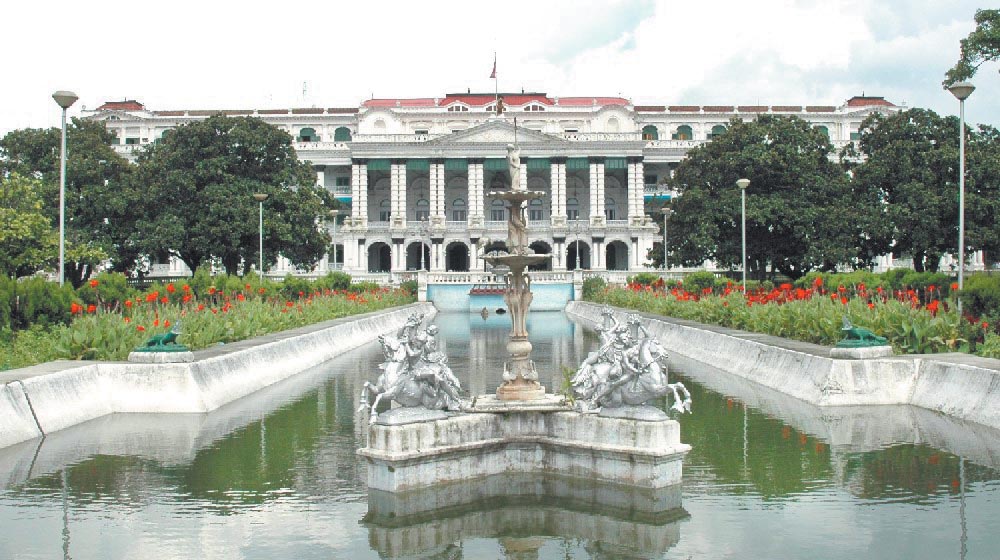There’s no confusion, says Law Minister Dhakal
Kathmandu, December 7
As the fate of the two transitional justice mechanisms, whose tenure is expiring on February 9 next year, remains unknown, the government has said it is making internal preparations to take the transitional justice process to its logical conclusion through consultation with all stakeholders.
With conflict victims, backed by a section of rights activists and political party leaders, seeking restructuring of the commissions and formation of a high-level mechanism to oversee the transitional justice process, the commissions say they are in a state of confusion as the government has not held any consultation with them on the issue.
Minister of Law, Justice and Parliamentary Affairs Bhanu Bhakta Dhakal said there was no confusion as a law and two autonomous commissions were in place.
He said the government was aware of the fact that the tenure of the commissions was expiring on February 9 and also the fact that the issue of transitional justice had not been resolved for the past 12 years.
“The government is making internal preparations to take the transitional justice process to its logical conclusion through consultation with all stakeholders. But we are also careful that the preparations do not affect the existing arrangement,” Dhakal told The Himalayan Times.
“If the issue is not settled by the end of the tenure of the two bodies, we will hold consultations on ways to take transitional justice process to its logical conclusion rather than on whether to give continuity to these two bodies. For now, there’s a law and two autonomous commissions in place.
The government will not leave any legal and constitutional vacuum.”
The government formed two transitional justice mechanisms —Truth and Reconciliation Commission and Commission of Investigation of Enforced Disappeared Persons — in 2015, nine years after the signing of the Comprehensive Peace Agreement between the government and Maoist rebels in 2006 marking the beginning of the peace process.
However, the two commissions have failed to make any tangible progress in their investigation of conflict-era rights violation, thanks to politicking, lack of necessary legislation, the government controlling the commissions financially, and internal weaknesses of the commissions. While the TRC has collected around 63,000 complaints, more than 3,000 complaints have been filed with the CIEDP.
The commissions, which have already been granted two one-year extensions to their tenure, however, say a mere term extension will not solve the problem until they are equipped with necessary legislation, human and financial resources.
CIEDP Chairman Lokendra Mallick said they were now preparing a report of the progress they made so far to submit to the government by the end of their tenure. “This time, we will not seek tenure extension as we have been repeatedly been saying that it is not the cure,” he said.
TRC member Lila Udasi Khanal added that the government had not consulted them on any of their concerns or their work.
“So we are of the view that the government can move ahead as per its discretion,” he said.
“In this situation of mistrust by conflict victims, international communist and government, we have lost motivation to work,” he added.






